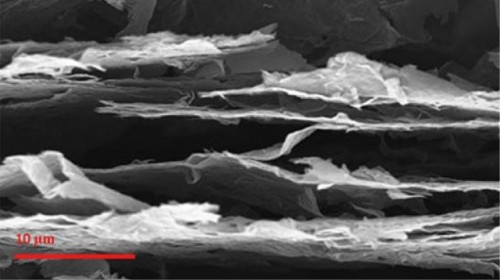Quick-Charging Batteries For Electric Automobiles And Portable Electronics Applications

Rechargeable Li-ion batteries are the industry standard for a wide range of modern devices like mobile phones, laptop and tablet computers, electric cars. These batteries have a high energy density and can store large amounts of energy, they experience a low power density; as a result it takes about an hour to charge your mobile phone or laptop battery, and why electric automobile engines cannot rely on batteries alone and require a supercapacitor for high-power functions such as acceleration and braking. To solve this problem, engineering researchers at Rensselaer Polytechnic Institute, led by nanomaterials expert Nikhil Koratkar, created a graphene anode material that can be charged or discharged 10 times faster than conventional graphite anodes used in today’s lithium (Li)-ion batteries. In fact it is a sheet of paper from the world’s thinnest material, graphene. Such batteries could considerably shorten the time needed for charging portable electronic devices from phones and laptops to medical devices used by paramedics and first responders. Moreover this innovation could lead to simpler, better-performing automotive engines based solely on high-energy, high-power Li-ion batteries.
| Tweet |











